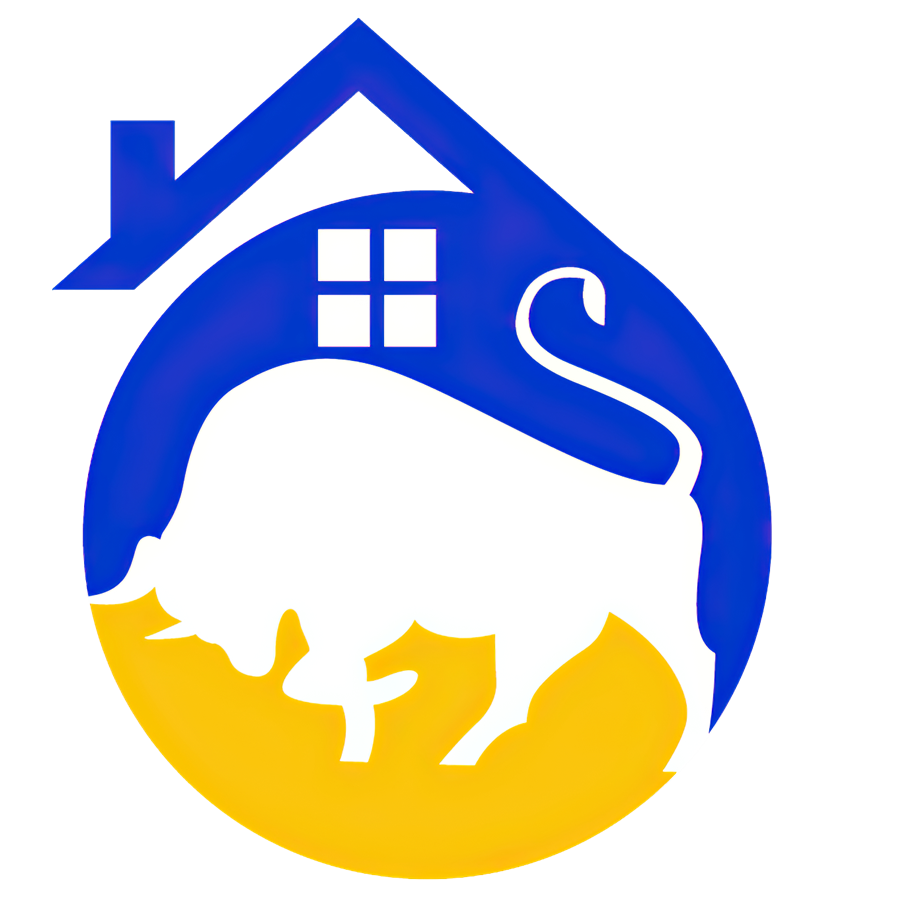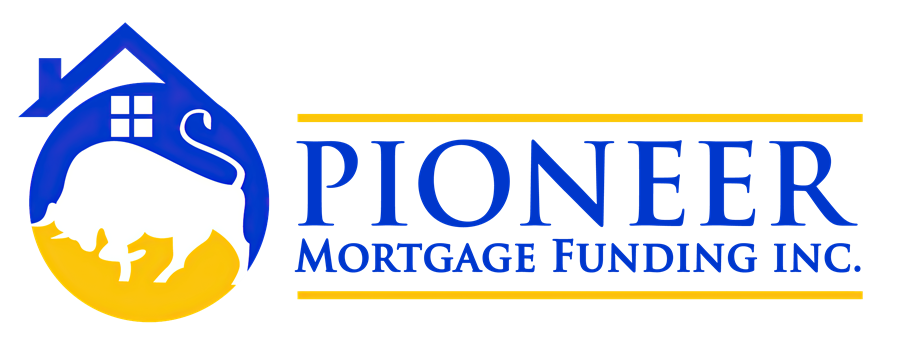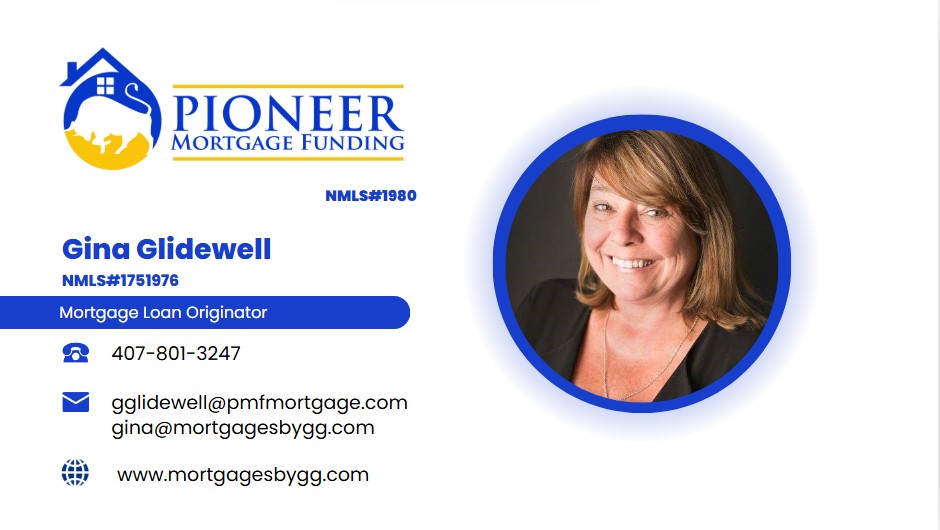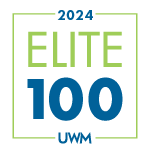Frequently Asked Questions About Reverse Mortgages
Here, you’ll find answers to common questions about how reverse mortgages work, who qualifies, and their potential benefits. If you have more questions, feel free to reach out—we’re here to help!
Q: What is a HECM? (hek-um)
Q: What is the minimum age for a Reverse Mortgage?
Q: What is the minimum age for a Jumbo Reverse Mortgage?
A: A Home Equity Conversion Mortgage is also called a reverse mortgage and it allows borrowers to convert some of their home equity into usable cash.
A: HUD has established the minimum age for a reverse mortgage borrower to be 62 years of age by the time the loan closes.
A: Answer your frequently asked questions (FAQ). Consider your visitors should know. Your answers can not only improve their experience but also bring even more people to your site via organic search. For example, use this space to let them know what makes your product special or how to start using it. Or, explain your shipping and returns policy. It's also a good idea to include information about your privacy policy.
Q: How is eligibility for a reverse mortgage determined?
Q: What If A Spouse Is Under 62?
A: The titleholder for the property must be at least 62 years old, and if title is held jointly, the youngest of the two titleholders must be at least 62. The property must be a single-family home, an FHA approved condo, or a multiple family dwelling consisting of at least two, but no more than four, units. The home must be occupied by and be the primary residence of the borrower(s). There must be enough equity in the home to cover the payoff of all existing mortgages, liens, or legal obligations tied to the home.
Q: Can my spouse under the age of 62 be protected?
A: The HUD HECM allows for an “eligible non-borrowing spouse” under the age of 62 but they cannot access the reverse mortgage funds if the eligible borrower were to leave the home. They can remain in the home for life by living in the home as their primary residence, pay the taxes, insurance and any other property charges in a timely manner and also maintain the home in a reasonable manner.
A: If your spouse ages below 62, you can still obtain a reverse mortgage by filing your younger spouse a “non-borrowing spouse.” If both spouses are on title, then the youngest spouse must be 62.
Keep in mind that the principal limit of your mortgage will be determined by the age of the youngest borrower or non-borrowing spouse, whichever is less.
Q: Can a surviving spouse remain in the home even though they are not the borrower?
A: Under a relatively recently decided court ruling, a surviving spouse may remain in a home that is subject to a reverse mortgage even though the sole borrower on the mortgage is the deceased spouse. Because eligibility for a reverse mortgage depends upon the borrower’s reaching age 62, in some cases married taxpayers have been advised that the younger spouse can sell the home to the older spouse in a quitclaim sale. The older spouse would then qualify for a reverse mortgage but would be listed as the sole borrower on the mortgage after 6 months of the quitclaim deed.
Q: Can a non-borrowing Spouse remain on title?
Q: What are the obligations of the non-borrowing Spouse?
Q: Can a non-borrowing Spouse draw from the line of credit?
A: YES. A non-borrowing can remain on title but must be 62 to be an “Eligible non-borrowing spouse.”
A: After the last borrower dies or permanently vacates the home for mental or physical illness, the NBS will need to make sure to keep up with all the obligations of it being their primary home, paying property taxes, insurance, and maintenance.
A: No, the NBS is not a borrower or party to the loan in any way. No disbursements can be made during the deferral period other than repair charges paid through a repair set-aside. This means that the line-of-credit and monthly payments will cease, including a Life Expectancy Set-Aside (LESA) used to pay property charges.
Q: Does my home qualify?
A: Eligible property types include single-family homes, 2-4 unit properties, manufactured homes (built after June 1976), condominiums, and townhouses. Co-ops do not qualify.
Q: What if I have an existing mortgage?
A: You may qualify for a reverse mortgage even if you still owe money on an existing mortgage. However, any existing mortgages must be paid off. You can pay off the existing mortgage with a reverse mortgage, money from your savings, or assistance from a family member or friend.
For example, let’s say you owe $100,000 on an existing mortgage. Based on your age, home value, and interest rates, you qualify for $125,000 under the reverse mortgage program. Under this scenario, you will be able to pay off ALL the existing mortgage and still have $25,000 left over to use as you wish, with no monthly payment.
Q: Who "owns" my home?
Q: My credit is not great, can I still qualify?
Q: Are borrowers responsible for any costs relating to the property underlying the mortgage?
A: You always continue to own your own home. It is a mortgage lien just like a traditional mortgage with the exception that you can choose not to make interest payments until you no longer live in the home.
A: While there are no credit score requirements, we still need to assess your income and credit for the purposes of qualifying. The underwriters are more lenient on credit scores but they will check to make sure you have enough income to pay for taxes, insurance, and HOA.
A: Borrowers under reverse mortgages must be able to pay the property charges associated with maintaining the home subject to the mortgage such as maintenance, property taxes, insurance, and HOA fees.
Q: Are there any special requirements to get a reverse mortgage?
A: You must own a home, be at least 62, and have enough equity in your home. There are no medical requirements.
A financial assessment will be conducted for every reverse mortgage borrower to ensure he or she has the financial capacity to continue paying mandatory obligations, such as property taxes, homeowner’s insurance, and HOA fees.
If a lender determines that a borrower may not be able to keep up with property taxes and homeowner’s insurance payments, they will be authorized to set-aside a certain amount of funds from the loan to pay future charges.
Q: How much money can a person expect to receive from a reverse mortgage?
A: The higher the property value, the older the borrower(s), and the lower the current interest rates, the larger the loan.
Q: What are my disbursement options?
Q: How much can a taxpayer receive within the first 12 months of closing?
Q: Are there restrictions on what I can use the money for?
A: You can choose to receive the money from a reverse mortgage all at once as a lump sum, fixed monthly payments either for a set term or for as long as you live in the home, as a line of credit, or a combination of these. The biggest difference in the Reverse Mortgage Line of Credit and a traditional Home Equity Line of Credit, is that the Reverse Mortgage Line of Credit is guaranteed unlike a traditional which can be forfeited at any time by the bank.
A: The maximum value that a taxpayer is entitled to receive from a reverse mortgage at the time the loan is closed, or within the first 12 months after closing, is now limited to 60 percent of the “principal limit” or the sum of “mandatory obligations” plus 10 percent of the principal limit. After the first 12 months, the taxpayer is entitled to access the remainder of the loan.
A: You can use your reverse mortgage loan proceeds for anything you choose:
Supplement for monthly living expenses
Paying for home repairs or renovations
Covering medical costs
Consolidate credit card and personal loans
If you have an existing mortgage balance, we must have enough proceeds from the HECM Loan to pay off the existing mortgage.
Q: Are the proceeds considered income?
A: Proceeds from a reverse mortgage are not considered income. HECM proceeds do not affect Social Security or Medicare benefits. Consult your tax advisor for more details.
Medicaid is a state-run program with its own rules, and eligibility can be impacted by changes in assets or income, including proceeds from a reverse mortgage. Consulting with a Medicaid specialist or elder law attorney is recommended for detailed information on Medicaid eligibility and reverse mortgages.
Q: Are the proceeds from a reverse mortgage taxable?
A: Answer your frequently asked questions (FAQ). Consider your visitors should know. Your answers can not only improve their experience but also bring even more people to your site via organic search. For example, use this space to let them know what makes your product special or how to start using it. Or, explain your shipping and returns policy. It's also a good idea to include information about your privacy policy.
Q: Will I lose my government assistance if I get a reverse mortgage?
A: A reverse mortgage does not affect regular Social Security or Medicare benefits. However, if you are on Medicaid or Supplemental Security Income (SSI), any reverse mortgage proceeds that you receive must be used immediately. Funds that you retain count as an asset and could impact eligibility.
For example, if you receive $4,000 in a lump sum for home repairs and spend it all the same calendar month, everything is fine. Any residual funds remaining in your bank account the following month would count as an asset. If the total liquid resources (including other bank funds and savings bonds) exceed $2,000 for an individual or $3,000 for a couple, you would be ineligible for Medicaid. To be safe, you should contact the local Area Agency on Aging or a Medicaid expert.
Q: Is a reverse mortgage borrower required to purchase mortgage insurance premium (MIP)?
Q: What kind of interest rate can I get?
Q: Are there any prepayment penalties?
A: Yes. Mortgage insurance has always been required on HECM loans. To reduce the high initial upfront cost that was keeping many people over 62 from obtaining a reverse mortgage, in 2010 the Federal Housing Administration introduced the HECM SAVER. The goal was to make reverse mortgages more affordable for more seniors by reducing the initial MIP and other upfront fees.
A: Your lender provides both fixed and variable HECM loans. It depends on your goals and situation.
A: NO! If you would like to make payments toward your balance or pay it off completely, you are allowed to do so.
Q: How does the loan get paid back?
Q: What is the loan closing date?
Q: What does “non-recourse loan” mean?
A: Repayment is required when the last surviving borrower no longer resides at the property or taxes and insurance on property are not kept current. The property must also be kept in good repair.
A: The Loan Closing Date for all HECMs is defined as the date on which you (the borrower) signs the note to your reverse mortgage.
A: This means that you can never owe more than the value of your home at the time you or your heirs sell your home to repay your reverse mortgage.
Q: Can you outlive a reverse mortgage?
A: You can outlive the benefits available under a reverse mortgage if you draw all available funds, but you can live in the home payment free for life as long as you continue to pay the taxes, insurance and any property charges even after your available funds are gone.
The earlier you take the loan out, the longer your balance will accrue interest.
While it’s not required, you do have the option of making payments—even if it’s just on the interest—on your reverse mortgage throughout the term of the loan.
Q: Can I lose my home while I have a reverse mortgage?
A: Yes. You could lose your home if you do not pay for property taxes, insurance, and repairs. For example, if you don’t pay your taxes, the lender could demand that you repay the loan in full. You may have to sell your home to repay the loan. Or the lender could take your home through foreclosure. Also, if you don’t live in your home for 12 straight months or more (for example, if you are in the hospital or a nursing home), the lender could demand that you repay the loan in full, and you may have to sell your home to repay the loan.
Q: Do heirs have to sell the property to repay the loan upon the borrower’s death?
A: No, repayment can be accomplished in many ways. If the heirs – or any one heir – want to buy the house, they can pay off the loan and take title. This can be accomplished by putting up the cash required to pay off the loan, by using a conventional mortgage, or using a home equity loan on another property. If someone wants to buy the property, will to pay off the existing loan balance.
Q: What happens at the end of the loan? What if I owe more than my home is worth when the loan comes due?
A: A reverse mortgage loan is usually repaid by selling the home. If the money earned through selling the home isn’t enough to repay the reverse mortgage, you or your heirs will not owe the difference. This is considered a non-recourse loan, and the mortgage insurance premium being charged protects you from having owed any difference.
Q: What happens if there is money left over after the home is sold?
Q: How long will my estate have to pay off the reverse mortgage once it has been called due and payable?
Q: Can I buy a home using a HECM (Reverse Mortgage)?
A: Reverse mortgage loans let the homeowner (or the homeowner’s heirs) keep any money left over after the loan is repaid in full.
A: The reverse mortgage is to be paid in full once you have passed, moved, or sold. Your heirs have 6 months to sell or refinance and if needed can apply for up to two 90 day extensions with acceptable reasons.
A: YES! A HECM Mortgage Loan can help you downsize by allowing you to use this product to purchase a new home better suited to your needs or closer to family.
Q: What kind of event would I have to pay back the loan?
A: If your loan has any of these conditions, either the home will need to be refinanced, or sold:
All borrowers have passed away
All borrowers have sold or conveyed title of the property to a third party
The property is no longer the principal residence of at least one borrower for reasons other than death
The borrower does not maintain the property as principal residence for a period exceeding 12 months because of physical or mental illness
Borrower fails to pay property taxes and/or insurance and all attempts to rectify the situation have been exhausted
The property is in disrepair and the borrower has refused or is unable to repair the property.
Q: What happens at the end of the loan? What if I owe more than my home is worth when the loan comes due?
A: A reverse mortgage loan is usually repaid by selling the home. If the money earned through selling the home isn’t enough to repay the reverse mortgage, you or your heirs will not owe the difference. This is considered a non-recourse loan, and the mortgage insurance premium being charged protects you from having owed any difference.
Q: Can I pay off my reverse mortgage?
Q: Can I make a partial prepayment to my reverse mortgage account?
Q: Can I deduct the interest charges for income tax purposes?
A: Yes. You can pay your reverse mortgage in full at any time during the term of your reverse mortgage.
A: Most reverse mortgages will permit a partial prepayment to your reverse mortgage account without penalty.
A: Interest charges can only be deducted once those interest charges have been paid. If you have made partial prepayments, then make sure the payments have been applied to your interest charges. You should always contact a tax attorney when it comes to deductions.
Q: If the unused balance in the HECM Line of Credit Option has a growth feature, does that mean I’m earning interest?
Q: Is the interest accrued on the reverse mortgage deductible by the borrower?
A: No, you’re not earning interest like you do with a savings account. After the first month of your HECM loan, the principal limit increases each month. The growth is considered a further extension of available credit.
A: No, interest on a reverse mortgage added monthly to the outstanding loan balance as it accrues is neither included as income, nor interest deductible unless payments are voluntarily made to the lender.
Q: How does the interest work on a reverse mortgage?
A: With a reverse mortgage, you are charged interest only on the proceeds that you receive. Both fixed and variable interest rates are available. Rates are tied to an index plus a margin that typically adds an additional one to three percentage points onto the rate you’re charged. Interest is not paid out of your available loan proceeds, but instead compounds over the life of the loan until repayment occurs.
Q: Under what circumstances should I not consider a reverse mortgage?
A: Because of the upfront costs associated with a reverse mortgage, if you intend to leave your home within 2 to 3 years, there may be other less expensive options to consider, such as home equity loans. Also, if you want to leave your home to your children, then you should consider other options, because in many cases, the home is sold to pay back a reverse mortgage. This would be a discussion to have with them to make sure they want to keep the home.




